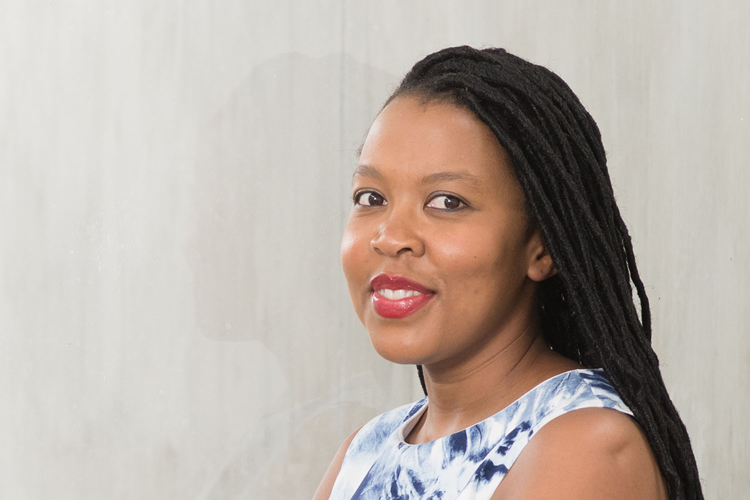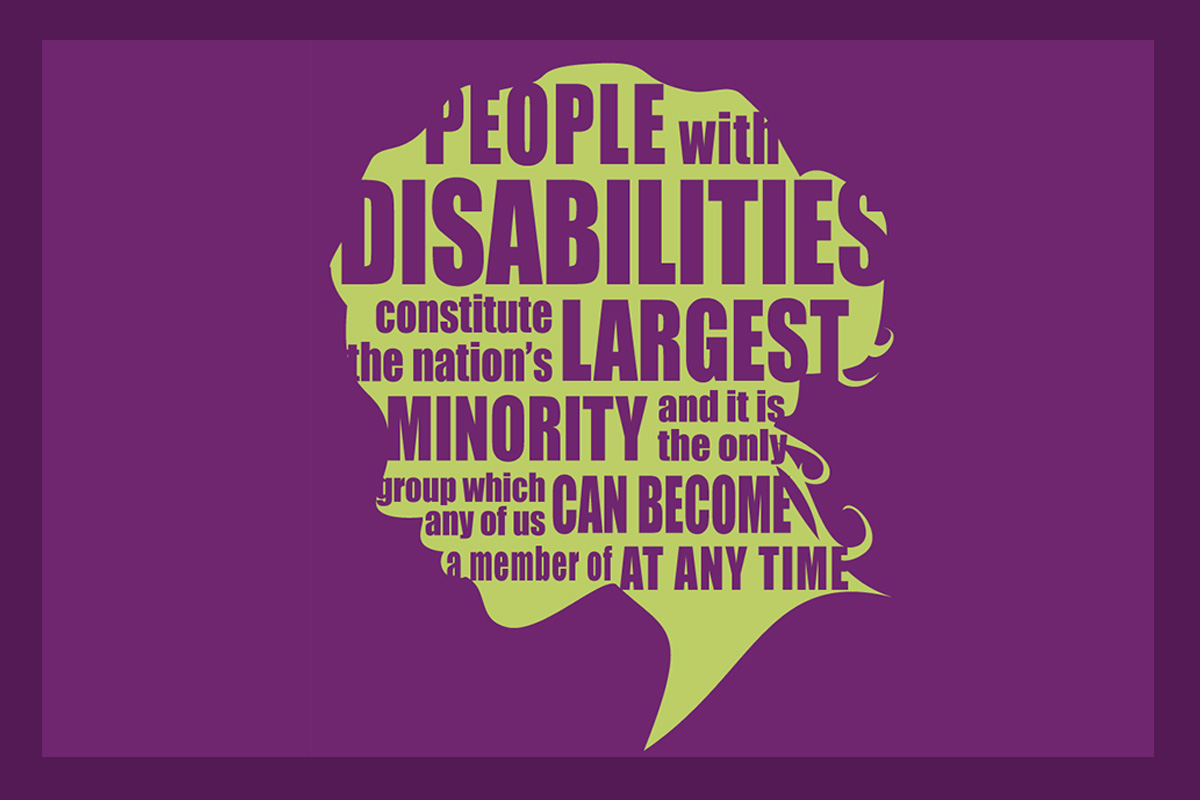Today marks just over a year since the Committee on the Rights of Persons with Disabilities (the Committee) issued its concluding observations on the initial state report of South Africa. Article 35 of the Convention on the Rights of Persons with Disabilities (CRPD) requires states that have ratified the Convention to submit a comprehensive report on measures taken to ensure that the rights guaranteed under the CRPD are enjoyed by persons with disabilities in their countries. State parties are required to submit their first report within two years of ratifying the CRPD, and subsequent reports every four years. South Africa became a signatory to the CRPD in 2008. The country’s initial report was due for submission on 3 June 2010 but was only submitted to the Committee on 26 November 2014.
The aim of this reporting process is to assess the human rights situation of persons with disabilities in a country, facilitate exchange of information among stakeholders, understand challenges encountered in the implementation of the CRPD and give recommendations on how to improve implementation of the Convention.
The report submitted by the state is considered by the Committee on the Rights of Persons with Disabilities (the Committee); a body of independent experts established under article 34 of the Convention to monitor the implementation of the Convention. The Committee usually holds two session per year in Geneva, the state reports are considered by the Committee during its sessions in Geneva. The Committee examines the state report and make recommendations to the state party. The recommendations are forwarded, in the form of concluding observations to the relevant state party.
During the state reporting process, the Committee considers the reports submitted by States, Civil Society Organisations, Human Rights Institutions and other relevant stakeholders. The Committee conducts a public dialogue with state representatives and members of Civil Society Organisations during the consideration of the State reports in Geneva. The concluding observations of the Committee are based on the reports and oral representations made by state representatives and other stakeholders.
South Africa made its oral presentation to the Committee on 28-29 August 2018. The South African delegation was led by the Minister of Social Development; Ms Susan Shabangu, MP. The Committee subsequently issued its concluding observations on the initial report of South Africa on 7 September 2018.
The concluding observations on the initial report of South Africa
The Committee commended South Africa for the many positive steps it has taken towards realising the rights of persons with disabilities as set out in the CRPD. In particular the Committee took note of the introduction by the South African government of a Deaf Access facility and Skype functionality allowing for video calling the National Gender Based Violence Command Centre. The Committee also commended the government for the swift and comprehensive action it took in the aftermath of the Life Esidimeni tragedy that had resulted in more than 140 deaths of persons with psycho-social disabilities, by starting investigations, and arbitration procedures, thus setting a good practice example for other countries facing such situations.
However, the Committee was concerned about the high level of discrimination against persons with disabilities; the lack of consultation and participation of persons with disabilities and their organisations in the implementation of policies affecting persons with disabilities; lack of statistical and disaggregated data on persons with disabilities; extreme acts of exploitation, violence and abuse on persons with disabilities; lack of access to health facilities.
Some of the key recommendations from the Committee to South Africa include:
- Raising awareness on discrimination and stigmatisation against persons living with disabilities;
- Provision of human rights education and training to relevant stakeholders (Public officials, Civil Society Organisations, Health Practitioners, Employers, Media and the general public) on the rights of persons living with disabilities;
- Adoption and implementation of legislation and policies to improve accessibility to public facilities and services for persons living with disabilities;
- Repeal of all legislation that provide for substitute decision making and provision of training for stakeholders on supported decision making;
- Review of provisions in the Sterilization Act and Choice on Termination of Pregnancy Act that allows substitute decision-making on sterilization and termination of pregnancy;
- Establishment of legislative framework on the de-institutionalisation of persons with disabilities and inclusion of persons with disabilities in the de-institutionalisation process;
- Revision of Older Persons Act and Mental Health Care Act to ensure their conformity with the Convention on the Rights of Persons with Disabilities;
- Increased participation and inclusion of persons living with disabilities and organisations working on disability rights in the implementation of government policies related to disability rights;
- Enactment of legislation to combat discrimination against women and girls with disabilities;
- Enactment of legislation to protect children living with disabilities from violence and abuse;
- Adoption of measures to ensure inclusive education for children living with disabilities;
- Adoption of legislative measures to ensure the accessibility of public information to persons with disabilities;
- Establishment of a social protection scheme that is inclusive of all persons with disabilities;
- Creation of a system for collection of up-to-date disaggregated data on persons with disabilities.
As we celebrate international day of persons with disabilities we call on the South African government to take concrete steps towards implementing the recommendations issued by the Committee in its concluding observations. The State is encouraged to disseminate the recommendations amoungst relevant state departments and ensure greater engagement with stakeholders in the disability community in the implementation of the recommendations.
We also call on Civil Society Organisations working on the rights of persons with disabilities to not only actively monitor the implementation of the concluding observations by the government but also integrate some of the issues highlighted in the concluding observations into the core of their work and promote greater awareness about the Convention and the concluding observations.
For more information contact:

Tel: +27 (0) 12 420 6398
Fax: +27 (0) 86 580 5743
innocentia.mgijima@up.ac.za

Tel: +27 (0) 12 420 3810
Fax: +27 (0) 86 580 5743
foluso.adegalu@up.ac.za


